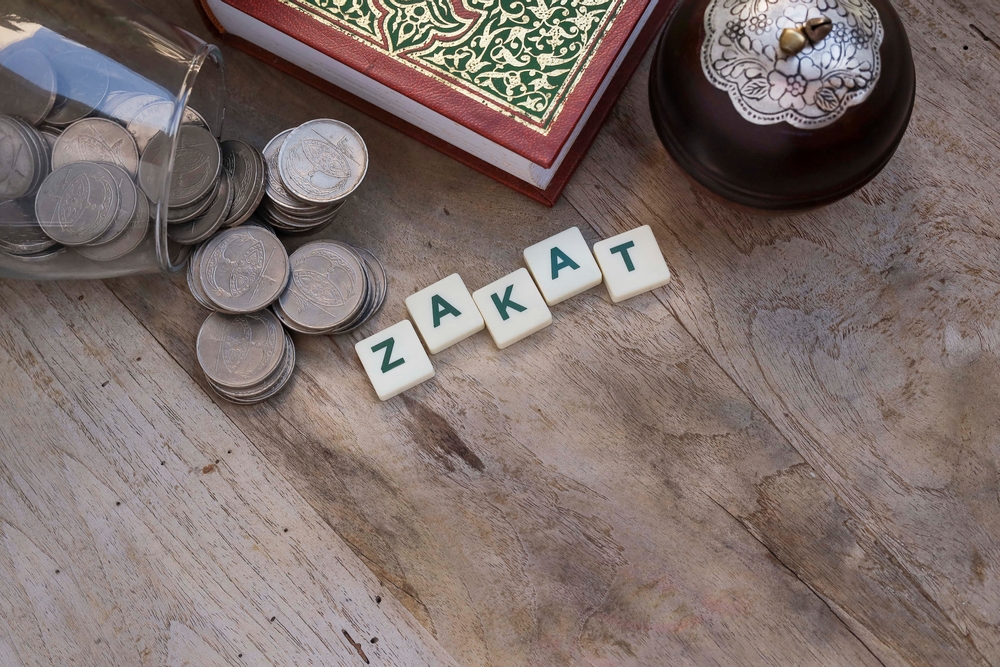What Are the Conditions for Advance Payment of Zakat?
Hanafi Fiqh
Answered by Shaykh Abdul-Rahim Reasat
Question
It turns out I have been giving zakat for a number of years before the due date. Was this valid? Do I have to repay past zakat payments.
What are the conditions for advance payment of zakat? What if I owe zakat from the past?
What is considered ‘local’ when giving zakat? Must one give locally?
Answer
I pray you are well.
Advance Payment of Zakat
Yes, it is valid to pay zakat before the passing of the entire lunar year. Zakat is due when one owns more than the nisab amount, but the obligation of payment is deferred to when one has had that amount for over a lunar year. Giving it in advance means that one is giving what became obligatory by owning more than the nisab amount.
The Condition for Advance Payment
You do not need to re-pay any of the past payments. Paying early just requires that one intend to pay zakat, and not necessarily early.
If you give excess of that you owed, you have past zakat payments you missed, then the excess will cover it all. It is all zakat which is owed, so that intention will cover current and past missed payments.
(Mawsili, al Ikhtiyar)
Choosing Where to Give
Local, in this context, would mean your own city or country. One can choose to give to people in their vicinity or elsewhere. The best recipients are those who are the most needy, and those to whom giving will have the greatest impact on the umma.
I would recommend giving to the Islamic Scholars Fund. It is a means of helping many needy scholars and students who have dedicated their lives to spreading the guidance the Prophet (Allah bless him and give him peace) brought. Please do consider this. “And whatever you spend [Allah] will replace it.” (Qur’an, 34:39)
May Allah grant you the best of both worlds.
[Shaykh] Abdul-Rahim Reasat
Checked and Approved by Shaykh Faraz Rabbani
Shaykh Abdul-Rahim Reasat began his studies in Arabic Grammar and Morphology in 2005. After graduating with a degree in English and History, he moved to Damascus in 2007, where, for 18 months, he studied with many erudite scholars. In late 2008 he moved to Amman, Jordan, where he continued his studies for the next six years in Sacred Law (fiqh), legal theory (Usul al-fiqh), theology, hadith methodology, hadith commentary, and Logic. He was also given licenses of mastery in the science of Quranic recital. He was able to study an extensive curriculum of Quranic sciences, tafsir, Arabic grammar, and Arabic eloquence.
